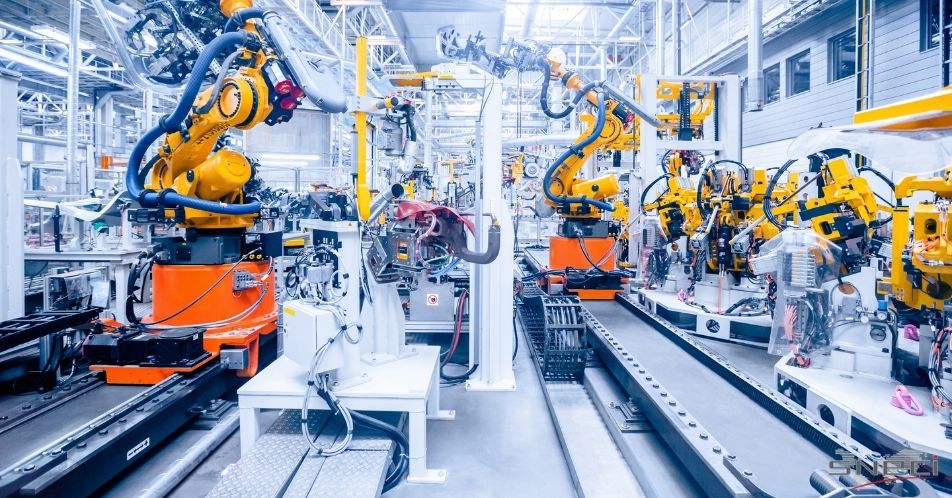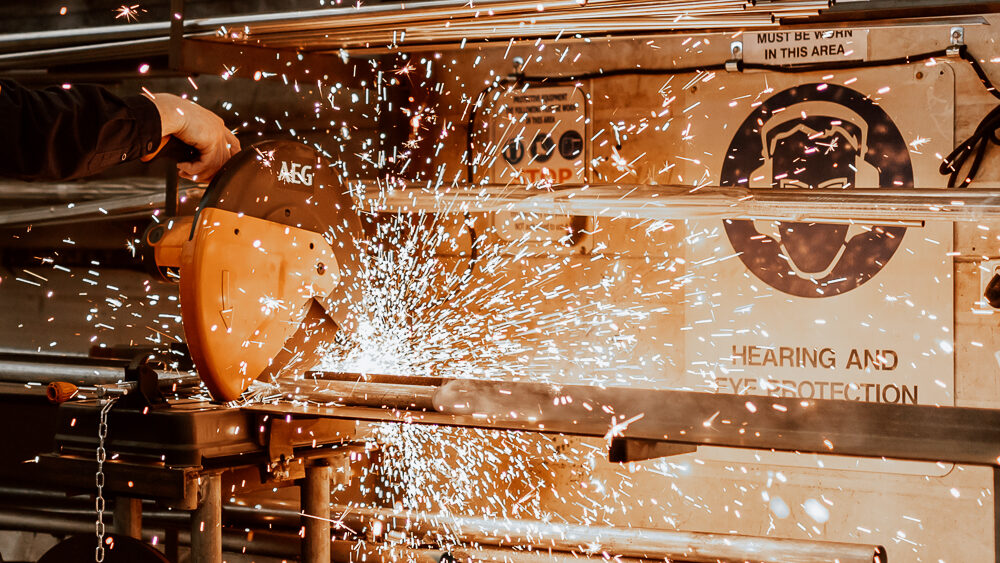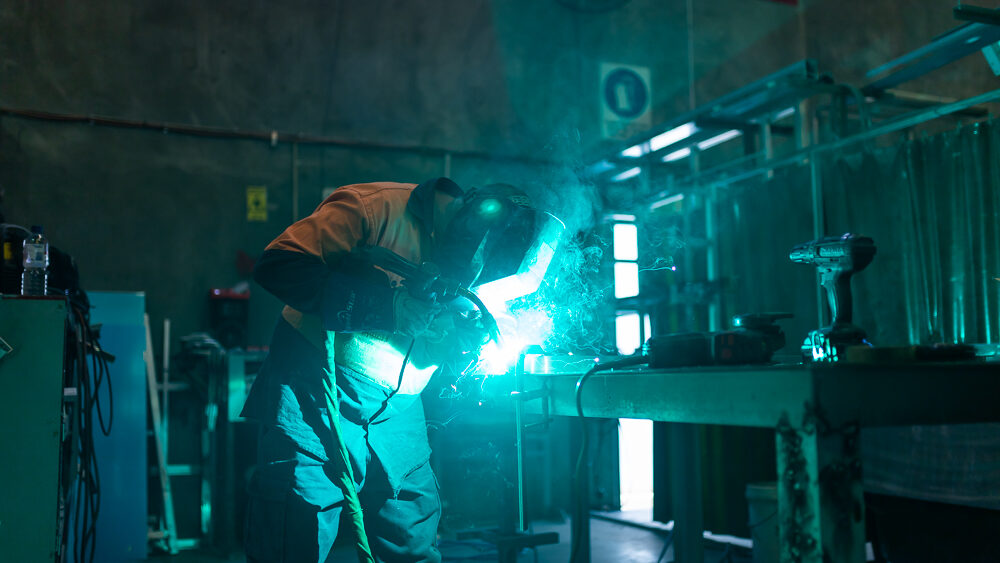Modern manufacturing is competitive. The pursuit of efficiency and quality is relentless. Lean manufacturing stands out. It is revolutionizing processes. It is also boosting operations at companies like Aussie Lifts. We explore lean manufacturing’s history, its key advantages, and its role in Aussie Lifts’ transformation
The Origins of Lean Manufacturing
Lean manufacturing, or lean production, traces its roots to the Toyota Production System (TPS). TPS was developed in Japan in the mid-20th century. Key figures, such as Taiichi Ohno and Eiji Toyoda, pioneered a system to cut waste (or ‘muda’ in Japanese) and boost productivity. They did this by focusing on creating value for the end customer. Lean manufacturing adopted the principles of TPS. It made them popular worldwide.
Core Principles
Lean manufacturing is built around core principles. They are designed to streamline production:
- Value comes from understanding what the customer values. It ensure that every process adds worth.
- Value Stream is mapping out each step in the production process and eliminating steps that do not add value.
- Flow is making sure a product moves along smoothly through all production steps. It must not be delayed or interrupted.
- Pull means producing only what the customer reduces inventory. This leads to Just-In-Time (JIT) production.
- Perfection means continuously looking for ways to cut waste. It means finding ways to improve processes.

Benefits of Lean Manufacturing
The adoption of lean manufacturing principles offers numerous benefits, including:
- Increased Efficiency: By eliminating waste in all forms, companies can achieve higher productivity with fewer resources.
- Improved Quality: A focus on quality at every stage of production reduces defects and improves overall product quality.
- Cost Reduction: Lower waste and improved efficiency naturally lead to reduced production costs.
- Flexibility: Lean manufacturing systems are more adaptable to changes in customer demand and market conditions.
- Employee Engagement: Lean encourages a culture of continuous improvement, empowering employees to contribute to process enhancements.

Lean Manufacturing at Aussie Lifts: A Case Study in Efficiency
Aussie Lifts is a leader in the Australian lift manufacturing industry. It has used lean manufacturing to redefine its production. By adopting lean principles, Aussie Lifts has achieved:
- Significant Production Increase: Aussie Lifts made a big advance. They switched to lean manufacturing. This let them increase production from 1.7 to an average of 6.5 lifts per week. It showed remarkable growth in capacity.
- Enhanced Product Quality: We achieved this by continuous improvement. We have focused on quality. Aussie Lifts has ensured that each lift meets the highest safety and reliability standards.
- Operational efficiency is about streamlining production and adopting Just-In-Time (JIT) principles. This has allowed Aussie Lifts to cut waste and optimize resource use. It has led to cost savings and better environmental sustainability.

Conclusion
Lean manufacturing principles have been key. They have propelled Aussie Lifts to new productivity and efficiency. Aussie Lifts focuses on creating value and cutting waste. This has improved its production. It has also strengthened its commitment. It is to delivering high-quality, reliable lifts to its customers.
